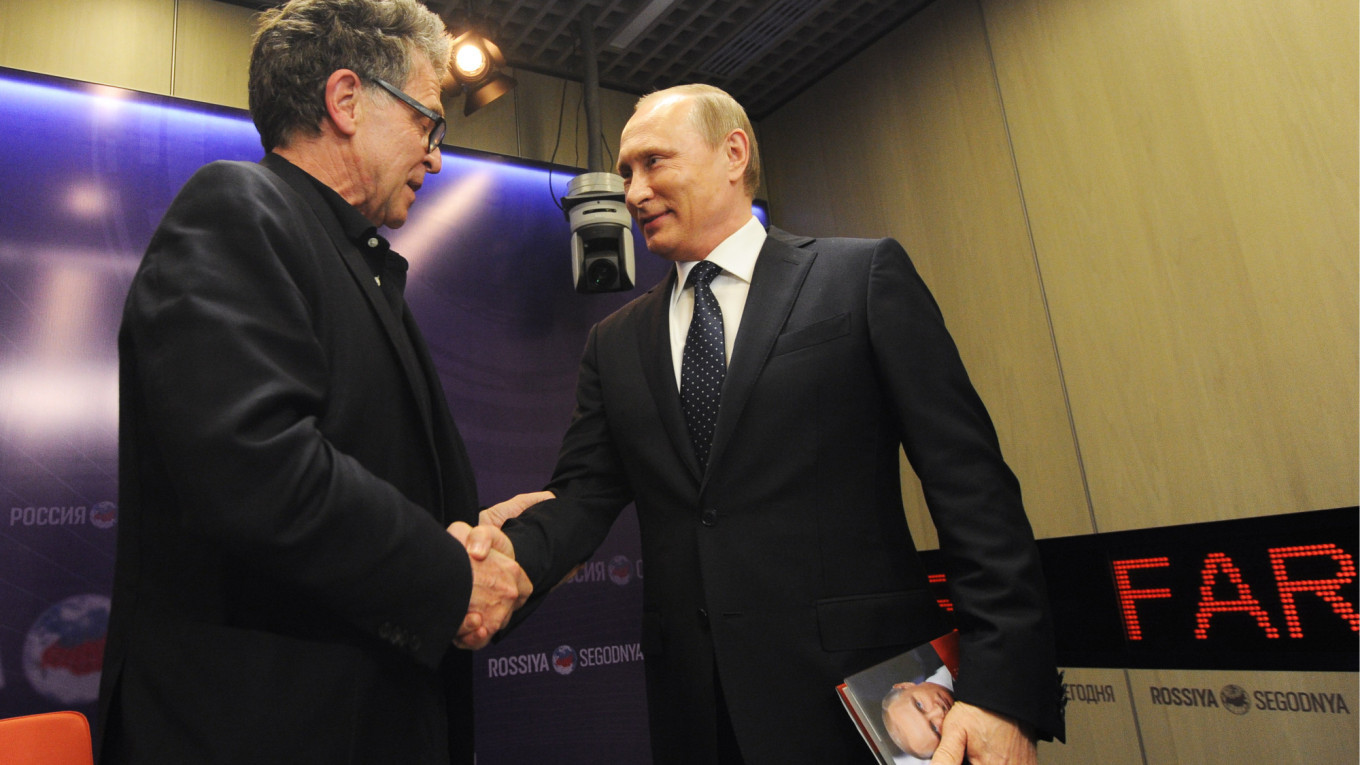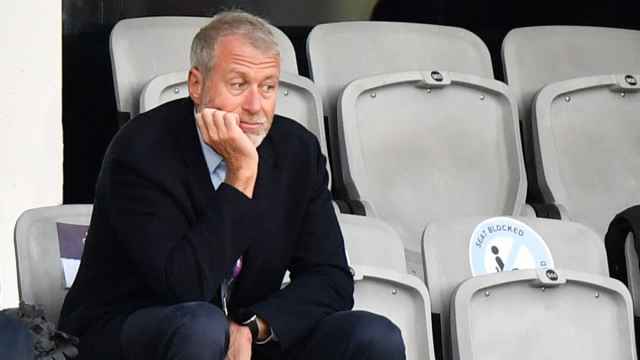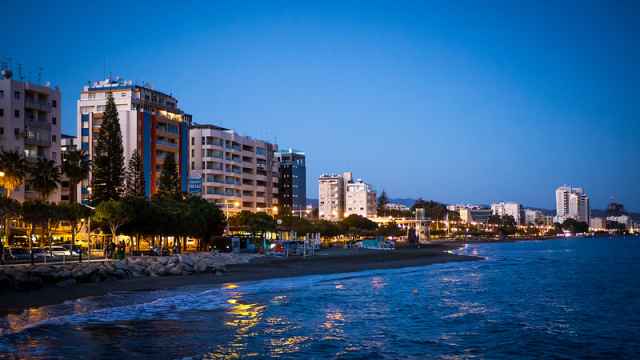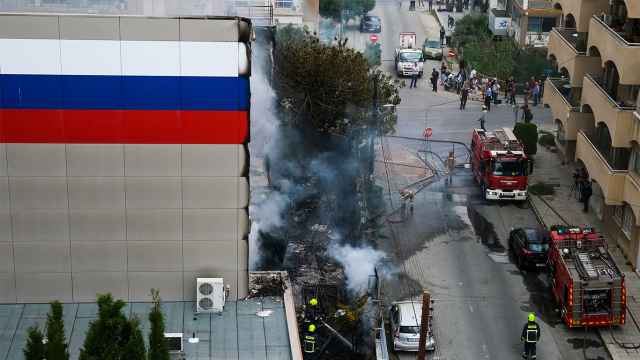Cyprus has long drawn criticism for providing offshore financial services for people associated with corrupt regimes and businesses. A new series of investigations by the International Consortium of Investigative Journalists, along with 68 media partners, has exposed the financial services industry’s links to President Vladimir Putin’s regime.
Among the revelations is the discovery that German journalist Hubert Seipel received hundreds of thousands of dollars from an oligarch believed to be close to the Kremlin.
Who is Hubert Seipel?
Seipel is an award-winning filmmaker and author who has worked for Der Spiegel and Stern magazine as a foreign correspondent. For decades he has been seen as one of Germany’s leading independent experts on Russia.
Central to this has been his access to Putin, whom he claims to have met “nearly 100 times,” including since the start of the war in Ukraine. His latest book describes him as “the only journalist to have direct, personal contact with the president.”
But this access led to allegations of coziness with the Kremlin. His 2012 documentary “I Putin, a Portrait” was criticized by local media for being a “microphone-holding exercise.”
In 2021, Seipel was questioned on German radio about whether he had “received any honoraria” from Russia for his work. Seipel denied that was the case. But leaked documents show that he received money from one of Russia’s richest men.
What was the deal?
Seipel has acknowledged receiving money from offshore accounts linked to the steel and banking magnate Alexei Mordashov. Though he did not confirm how much he received, leaked documents from a Cyprus-based financial services provider reveal that in the past five years, he received 600,000 euros ($730,000).
Mordashov is the chairman and largest shareholder of Severstal, the largest steel and mining company in Russia. In 2022, he was sanctioned by the European Union and Britain for his links to Putin and Bank Rossiya, which played a role in destabilizing Ukraine after the 2014 annexation of Crimea.
Documents show that the sponsorship was in exchange for writing two books. The Guardian suggested these were Seipel’s 2015 biography “Putin: Inner Views of Power” and a 2021 book titled “Putin’s Power: Why Europe Needs Russia.”
What has Seipel said?
Seipel has said that Mordashov paid him with his private money and the support was “only meant for the book projects.”
Seipel has defended the legitimacy of his work and denied being “some kind of Putin agent.”
Seipel's publisher, Hoffmann und Campe Verlag, said it had “no knowledge” of Mordashov’s sponsorship. “If these [allegations] are true, we reserve the right to take further steps, they said in a statement.
A Message from The Moscow Times:
Dear readers,
We are facing unprecedented challenges. Russia's Prosecutor General's Office has designated The Moscow Times as an "undesirable" organization, criminalizing our work and putting our staff at risk of prosecution. This follows our earlier unjust labeling as a "foreign agent."
These actions are direct attempts to silence independent journalism in Russia. The authorities claim our work "discredits the decisions of the Russian leadership." We see things differently: we strive to provide accurate, unbiased reporting on Russia.
We, the journalists of The Moscow Times, refuse to be silenced. But to continue our work, we need your help.
Your support, no matter how small, makes a world of difference. If you can, please support us monthly starting from just $2. It's quick to set up, and every contribution makes a significant impact.
By supporting The Moscow Times, you're defending open, independent journalism in the face of repression. Thank you for standing with us.
Remind me later.






